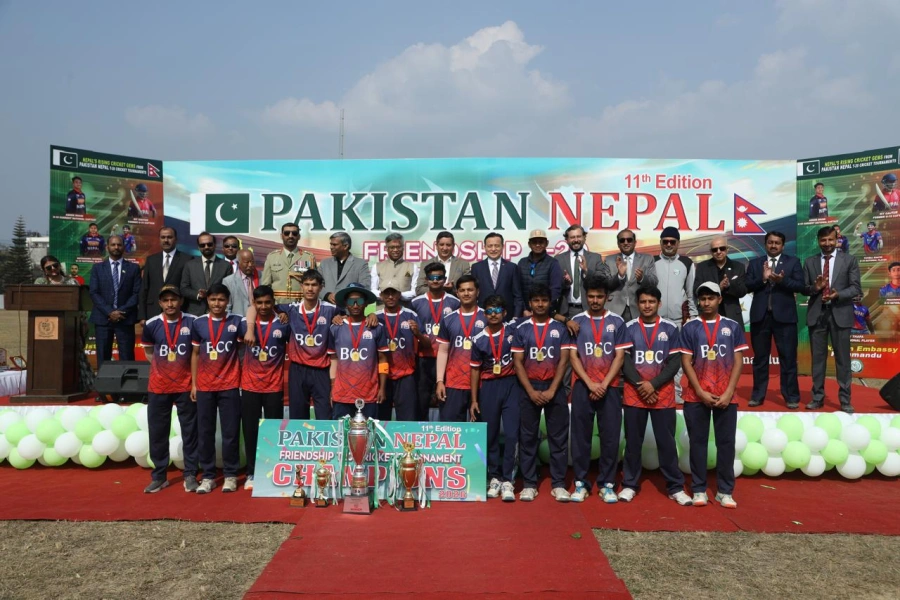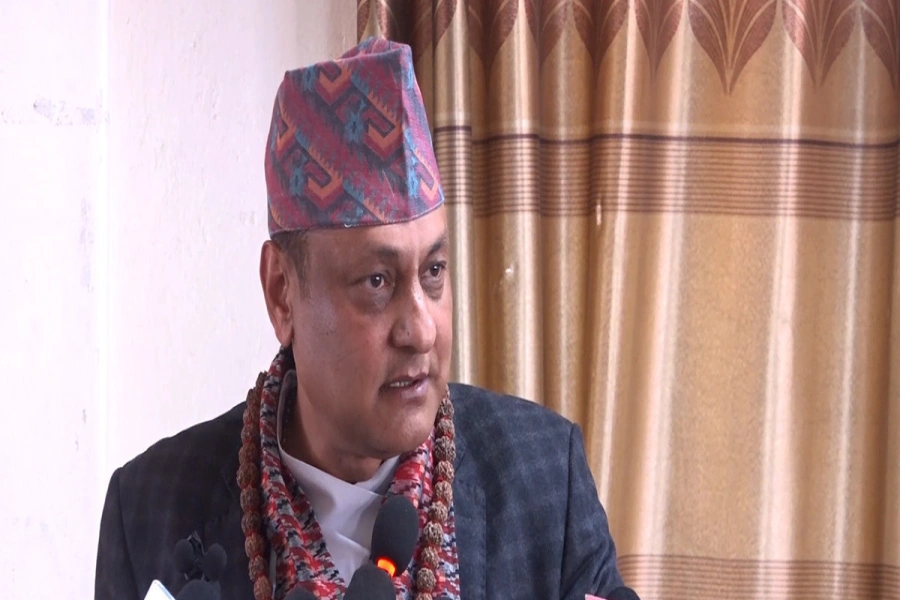BOGOTA/PORT-AU-PRINCE, July 10: Haiti has requested U.S. and U.N. security forces to help it protect key infrastructure like the airport and ports after the assassination of President Jovenel Moise by foreign mercenaries, a government minister said on Friday.
The assassination of Moise by a squad of gunmen in the early hours of Wednesday morning at his home in Port-au-Prince pitched Haiti deeper into a political crisis which may worsen growing hunger, gang violence and a COVID-19 outbreak.
Elections Minister Mathias Pierre said a request for U.S. security assistance was raised in a conversation between Haiti's interim Prime Minister Claude Joseph and U.S. Secretary of State Antony Blinken on Wednesday. Haiti also made a request for forces to the U.N. Security Council on Thursday, Pierre said.
"We were in a situation where we believed that infrastructure of the country – the port, airport and energy infrastructure – might be a target," the minister told Reuters.
Another aim of the request for security reinforcements would be to make it possible to go ahead with the scheduled presidential and legislative elections on Sept. 26, Pierre said.
A letter from Joseph's office to the U.N. offices in Haiti, dated July 7 and reviewed by Reuters, requested the dispatch of troops to support the national police in reestablishing security and protecting key infrastructure across the country following Moise's assassination.
A similar letter, also dated July 7 and seen by Reuters, was sent to the U.S. embassy.
The 15-member U.N. Security Council would need to authorize a deployment of U.N. peacekeepers or police to Haiti. The United Nations in New York did not immediately respond to a request for comment on the letter.
Asked about the request, a Pentagon spokesperson confirmed the Haitian government had requested security and investigative assistance and said it would remain in regular contact with Haitian officials to discuss how the United States can assist.
Cabinet determines perks for former presidents, vice presidents...

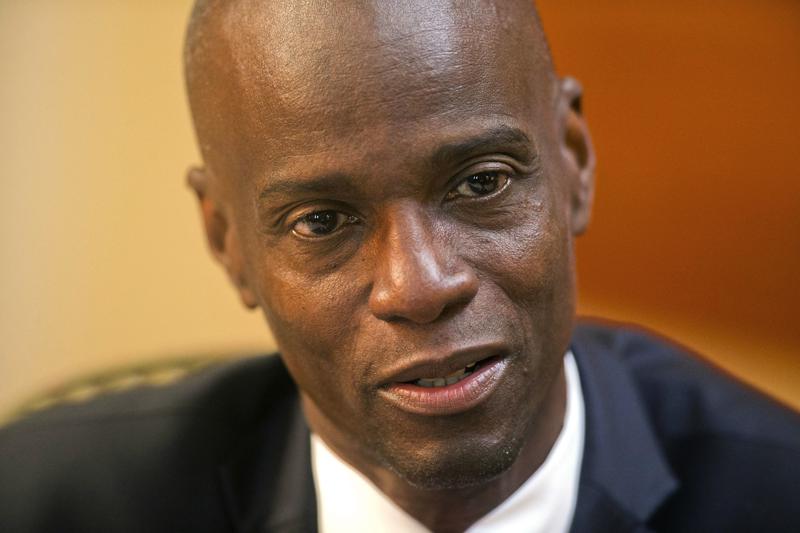 The United States and Colombia had already said they would send law enforcement and intelligence officials to assist Haiti after a number of their nationals were arrested for Moise's murder.
The United States and Colombia had already said they would send law enforcement and intelligence officials to assist Haiti after a number of their nationals were arrested for Moise's murder.
Police in Haiti said the assassination was carried out by a commando unit of 26 Colombian and 2 Haitian-American mercenaries. The two Haitian Americans were identified as James Solages, 35, and Joseph Vincent, 55, both from Florida.
Seventeen of the men were captured - including Solages and Vincent - after a gun battle with Haitian authorities in Petionville, a hillside suburb of the capital Port-au-Prince where Moise resided.
Three others were killed and eight remain at large, according to Haitian police. Authorities are hunting for the masterminds of the operation, they said.
A judge investigating the case told Reuters that Moise was found lying on his back on the floor of his bedroom. The front door of the residence had been forced open, while other rooms were ransacked.
"His body was riddled with bullets," Petionville tribunal judge Carl Henry Destin said. "There was a lot of blood around the corpse and on the staircase."
COMMANDO UNIT
The United States on Thursday pledged to send senior officials from the Federal Bureau of Investigation (FBI) and Department of Homeland Security (DHS) to Haiti as soon as possible to assess the situation and see how best they can assist, the White House said.
A State Department spokesperson said: "We are aware of the arrest of two U.S. citizens in Haiti and are monitoring the situation closely."
The head of Colombia's national intelligence directorate and the intelligence director for the national police will also travel to Haiti with Interpol to help with investigations, Colombian President Ivan Duque said on Friday.
Haitian officials have not given a motive for Moise's killing or explained how the assassins got past his security detail. He had faced mass protests against his rule since taking office in 2017 - first over corruption allegations and his management of the economy, then over his increasing grip on power.
Moise himself had talked of dark forces at play behind the unrest: fellow politicians and corrupt oligarchs who felt his attempts to clean up government contracts and to reform Haitian politics were against their interests.
Investigators in Colombia discovered that 17 of the suspects had retired from Colombia's army between 2018 and 2020, armed forces commander General Luis Fernando Navarro told journalists on Friday.
Jorge Luis Vargas, director of Colombia's national police, said initial investigations had shown that 11 Colombian suspects had traveled to Haiti via the resort city of Punta Cana in the Dominican Republic, which shares the island of Hispaniola with Haiti.
Two others traveled via air to Panama, before flying to Dominican capital Santo Domingo and then Port-au-Prince, Vargas said.
CONFUSION OVER POLITICAL CONTROL
In Haiti, the government declared a 15-day state of emergency on Wednesday to help authorities apprehend the killers but has since urged businesses to open up again.
Stores, gas stations and commercial banks re-opened on Friday. The streets were quiet, although some supermarkets bustled with people stocking up amid the uncertainty.
Moise's killing has sparked confusion about who is now the legitimate leader of the country of 11 million people, the poorest in the Americas.
"The assassination... has provoked a political and institutional vacuum at the highest level of state," said Haitian opposition politician Andre Michel. "There is no constitutional provision for this exceptional situation."
The 1987 constitution stipulates the head of the Supreme Court should take over. But there is no one currently in that role. Nor is there a sitting parliament, following the postponement of elections in 2019.
Just this week, Moise had appointed a new prime minister, Ariel Henry, to take over from Joseph, although he had yet to be sworn in when the president was killed.
Joseph has appeared to take charge of the situation, but Henry - who is viewed more favorably by the opposition - told Haitian newspaper Le Nouvelliste he did not consider Joseph the legitimate prime minister.



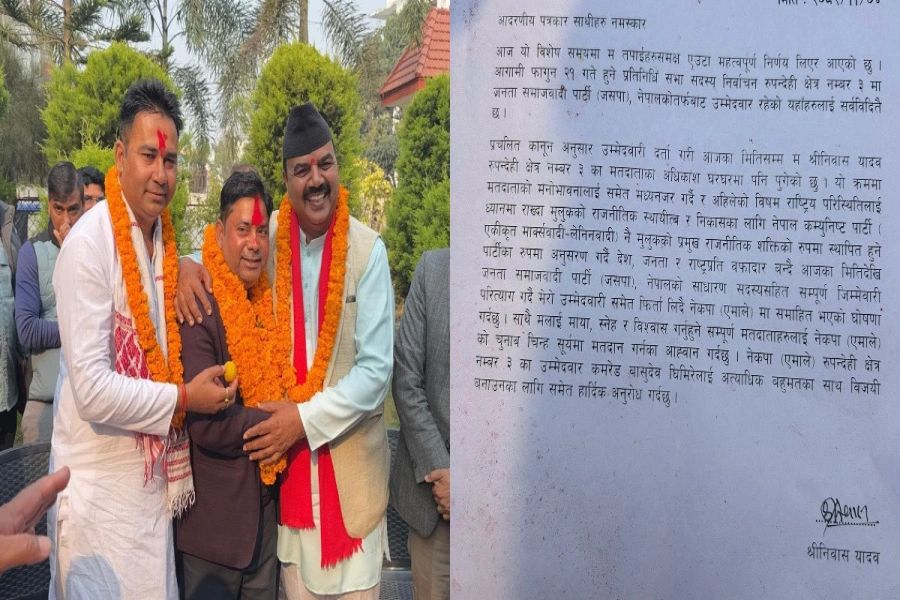
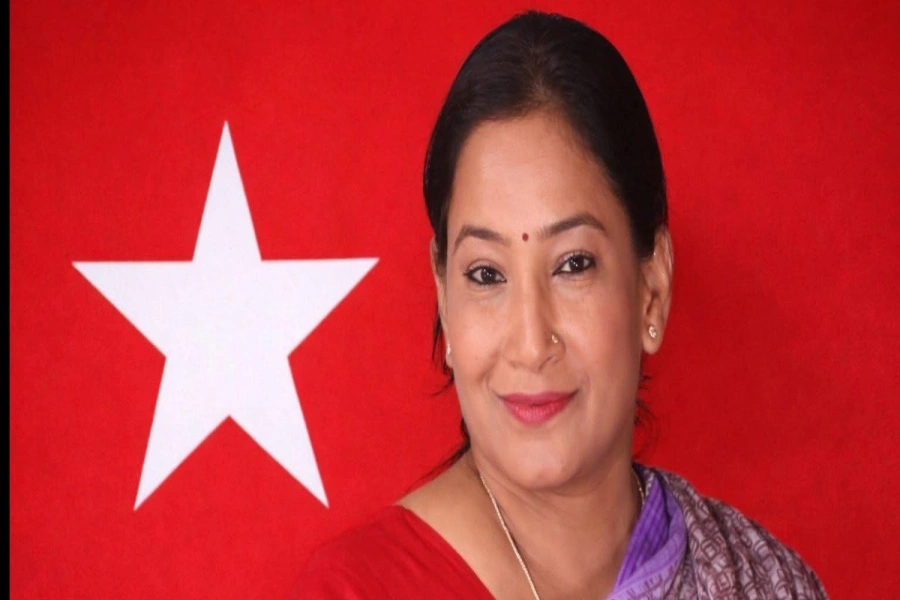
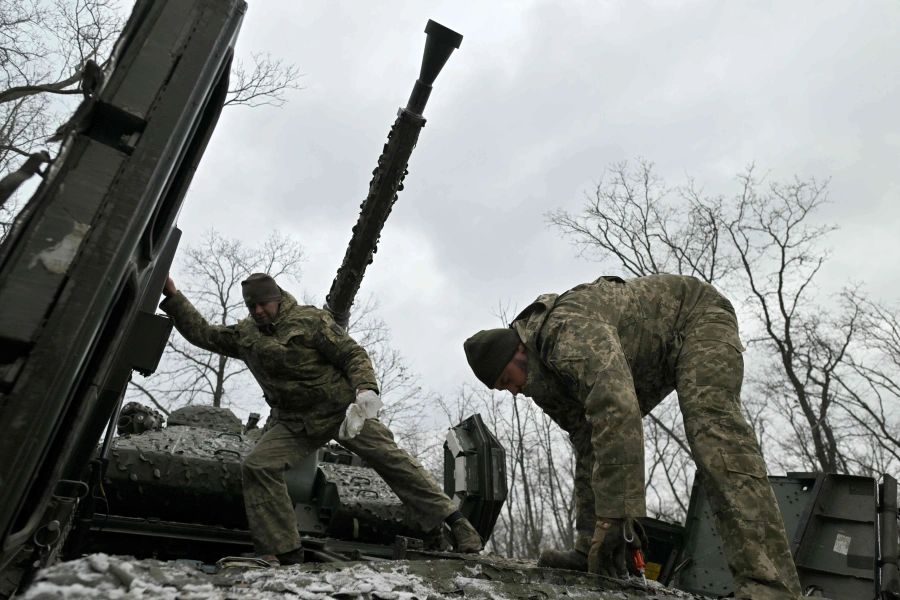

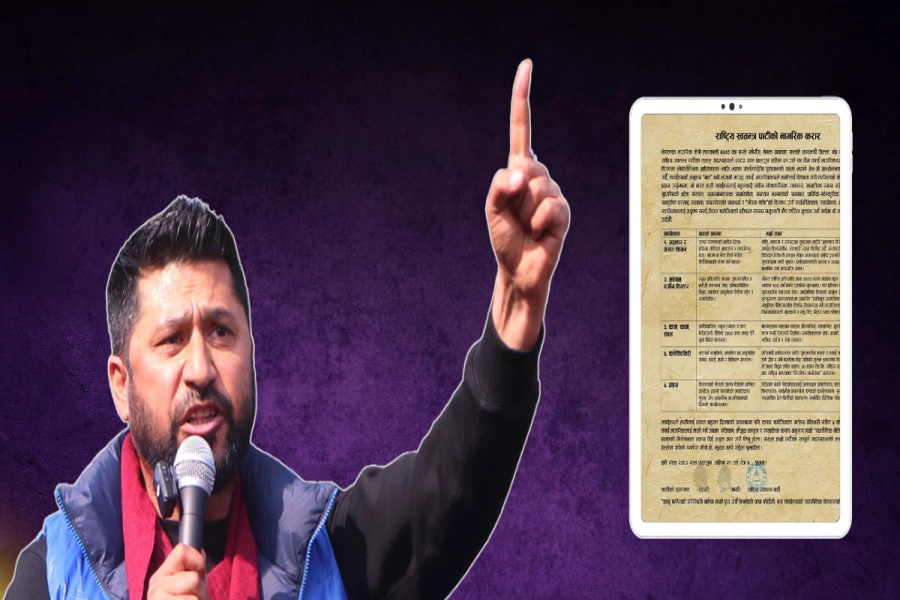




_20210815071806.jpeg)





